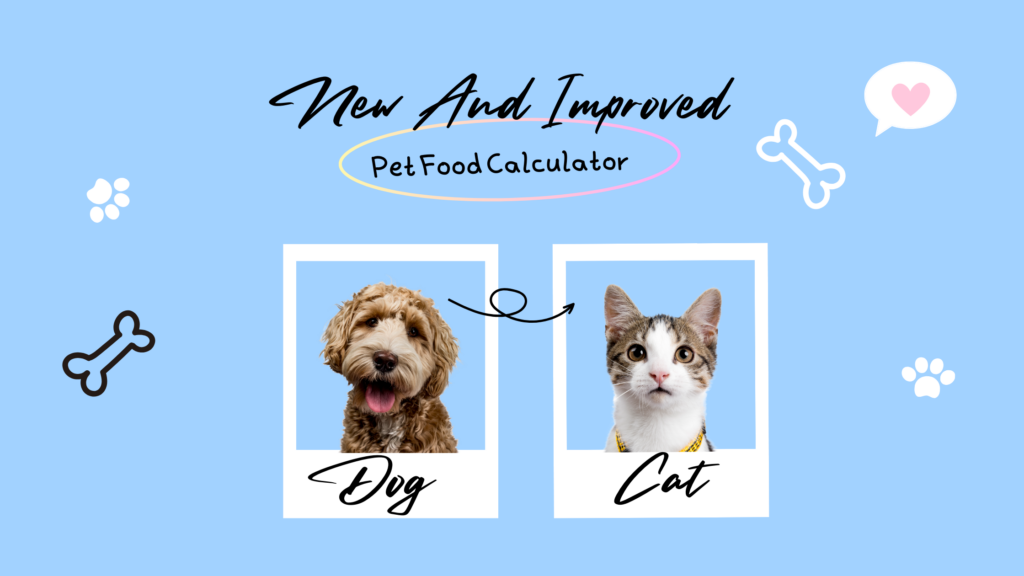The Ultimate Guide to Correct Dog Feeding: Nutrition Tips for a Healthy Canine Diet
Ensuring proper nutrition for our canine companions is crucial for their overall health and well-being. This comprehensive guide delves into the intricacies of dog nutrition, offering insights and practical advice to help you make informed decisions about your furry friend’s diet.

Nutritional Needs: The Building Blocks of Canine Health
Dogs require a balanced diet consisting of proteins, carbohydrates, fats, vitamins, and minerals. Each nutrient plays a vital role in maintaining your dog’s health:
- Proteins: Essential for muscle development and repair. High-quality animal proteins should form the cornerstone of your dog’s diet.
- Carbohydrates: Provide energy and fiber. While not essential, they can be beneficial when sourced from whole grains or vegetables.
- Fats: Crucial for energy, cell function, and nutrient absorption. They also contribute to coat health and skin condition.
- Vitamins and Minerals: Support various bodily functions, from bone health to immune system regulation.
A study published in PLOS ONE highlights the importance of a complete and balanced diet, even when considering alternative options like plant-based nutrition for dogs.

Age and Size Considerations: Tailoring Nutrition to Your Dog’s Needs
Nutritional requirements vary significantly based on a dog’s life stage, size, and breed:
- Puppies: Require higher protein and calorie intake to support rapid growth and development.
- Adult Dogs: Need a balanced diet to maintain optimal health and energy levels.
- Senior Dogs: Often benefit from lower-calorie diets with added supplements for joint health.
- Small Breeds: Have higher metabolic rates and may require more frequent, smaller meals.
- Large Breeds: Need carefully controlled diets to prevent rapid growth that could lead to skeletal issues.
Common Feeding Mistakes: Pitfalls to Avoid
Many well-intentioned dog owners inadvertently make feeding mistakes that can impact their pet’s health:
- Overfeeding: Leads to obesity, which can cause joint problems, diabetes, and reduced lifespan.
- Inconsistent Feeding Schedule: Can disrupt digestion and lead to behavioral issues.
- Feeding Table Scraps: May cause nutritional imbalances and encourage begging behavior.
- Ignoring Individual Needs: Not adjusting diet based on age, health conditions, or activity level.
- Misunderstanding Labels: Failing to interpret pet food labels correctly can result in poor nutritional choices.

Effects of Proper Feeding: The Benefits of Getting It Right
Correct dog feeding practices yield numerous benefits:
- Optimal Energy Levels: A balanced diet ensures your dog has the energy to enjoy daily activities.
- Healthy Coat and Skin: Proper nutrition promotes a glossy coat and reduces skin issues.
- Improved Digestion: The right diet can prevent gastrointestinal problems and promote regular bowel movements.
- Weight Management: Proper portion control helps maintain a healthy weight, reducing the risk of obesity-related health issues.
- Enhanced Immune Function: A nutrient-rich diet supports a robust immune system, helping ward off illnesses.
Dietary Adjustments: Addressing Special Needs
Some dogs require specialized diets due to health conditions or dietary restrictions:
- Allergies: May necessitate novel protein sources or limited ingredient diets.
- Diabetes: Often requires carefully controlled carbohydrate intake and consistent feeding times.
- Kidney Disease: Usually involves reduced protein and phosphorus levels.
- Obesity: Calls for low-calorie, high-fiber diets to promote weight loss while maintaining satiety.
Always consult with a veterinarian before making significant changes to your dog’s diet, especially if they have health concerns.
Choosing the Right Food: Navigating the Pet Food Aisle
Selecting high-quality dog food is crucial for your pet’s health:
- Read Labels Carefully: Look for named meat sources as the first ingredient.
- Avoid Fillers: Steer clear of foods with excessive corn, wheat, or soy as main ingredients.
- Consider Life Stage: Choose foods formulated for your dog’s specific age group.
- Check for AAFCO Statement: Ensure the food meets AAFCO (Association of American Feed Control Officials) standards.
- Evaluate Protein Content: Adult dogs typically need 18-25% protein, while puppies require 22-32%.
A study evaluating commercial dog diets found significant variations in nutritional quality, emphasizing the importance of careful selection.

Feeding Schedules and Portion Control: The Key to Balanced Nutrition
Establishing a consistent feeding routine is essential for your dog’s health:
- Regular Mealtimes: Most adult dogs do well with two meals per day.
- Measure Portions: Use a measuring cup to ensure accurate serving sizes.
- Adjust as Needed: Monitor your dog’s weight and body condition, adjusting portions accordingly.
- Limit Treats: Treats should not exceed 10% of daily caloric intake.
Research has shown that consistent feeding schedules can help regulate metabolism and prevent obesity.
Conclusion: Nourishing Your Canine Companion
Proper dog nutrition is a cornerstone of canine health and happiness. By understanding your dog’s nutritional needs, avoiding common feeding mistakes, and making informed choices about their diet, you can significantly enhance their quality of life. Remember, every dog is unique, and what works for one may not be ideal for another. Regular consultations with your veterinarian can help ensure your feeding practices are optimally supporting your furry friend’s health and well-being.
As responsible pet owners, it’s our duty to provide our dogs with the best possible nutrition. With the right knowledge and approach, you can turn mealtime into an opportunity to strengthen the bond with your canine companion while promoting their long-term health.




